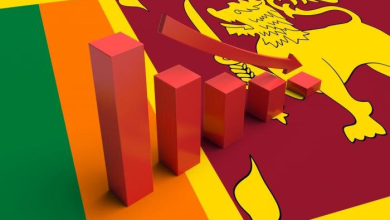CATHAY PACIFIC POSTS RECORD LOSS FOR 2020
 Hong Kong’s Cathay Pacific Airways has reported a record annual loss of $2.8bn (£2bn) for 2020.
Hong Kong’s Cathay Pacific Airways has reported a record annual loss of $2.8bn (£2bn) for 2020.
Its poor results were due to a sharp downturn in travel during the pandemic along with major restructuring costs.
Cathay Pacific had previously warned it expected its second-half losses to be worse than the record first-half loss of $1.3bn.
Last year’s loss compared with a profit of $220m in 2019, when profits were hit by political turmoil in Hong Kong.
Cargo was the best performer for the airline, though it too saw a downturn, because the reduction in passenger flights, which also carry cargo, caused a reduction in capacity.
“Our short-term outlook continues to be challenging. However, we remain absolutely confident in the long-term future and competitive position of our airlines,” the airline’s chairman Patrick Healy said.

A bruising year
2020 was a bruising year for Hong Kong’s flag carrier, which unlike some other airlines, doesn’t have a domestic travel market to fall back on.
In October, Cathay Pacific announced it would close its subsidiary Cathay Dragon, a regional carrier flying mainly to mainland China and other Asian destinations.
Cathay Pacific and its budget carrier Hong Kong Express took over Cathay Dragon’s routes.
The beleaguered carrier also announced it would cut an additional 8,500 jobs, amounting to about a quarter of its staff.
About 2,400 of those jobs were already unfilled because of a hiring freeze and the closure of some overseas operations
The cost-cutting move came after the airline received a $5bn bailout from the Hong Kong government in June.
Cathay Pacific had previously forecast that it expected to offer less than half of its usual capacity in 2021, calling the forecast “the most optimistic that we can responsibly adopt”.
In January, the airline carried a total of 30,410 passengers, a decrease of 99% compared to January last year.
The airline said new, stricter quarantine measures in Hong Kong could further increase the airline’s cash burn by up to $52m per month, on top of its current costs of up to $190m.
The entire industry has suffered during the pandemic. In fact the International Air Transport Association (IATA) predicted in January that the world’s airlines need another $70bn-$80bn of government support to get through the pandemic.
IATA has forecast that air travel won’t return to pre-pandemic levels until 2024.





